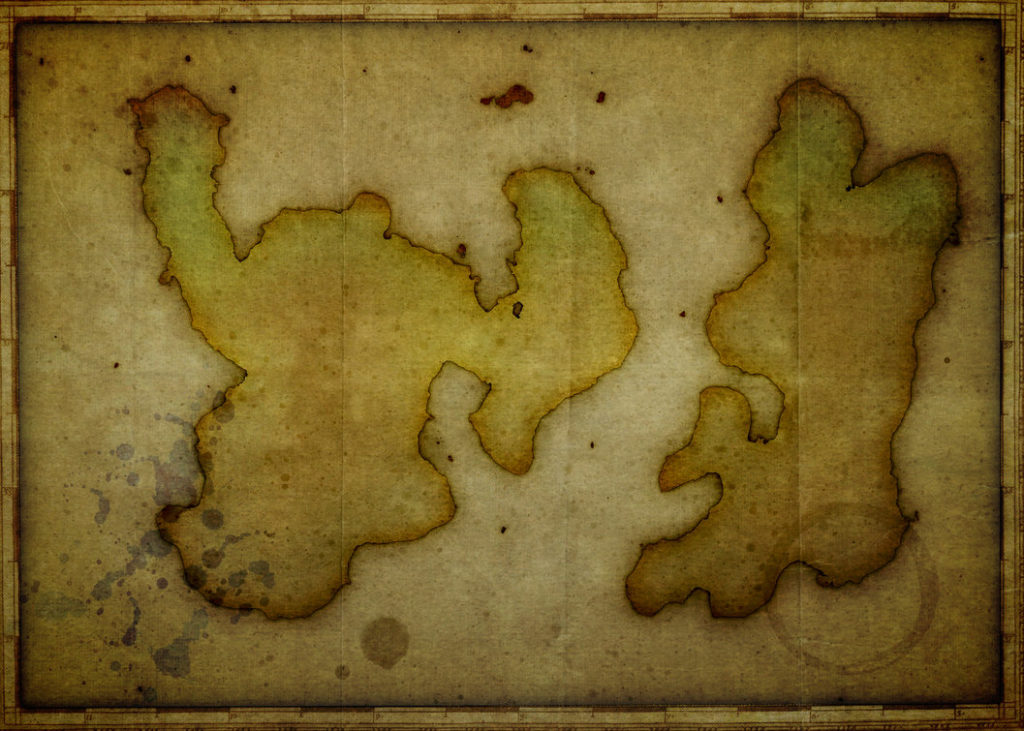[This is a re-post from LinkedIn]
What does it take to become a guide for Agile teams? My own experience leads me to believe that exposure to a lot of different thinking helps, as well as learning some specific skills. This is an attempt at starting a kind of map or atlas to the world of useful skills for Agile guides. If you’ve seen other guides similar to this, I’d appreciate a comment on this post with pointers to your source.
Tactical
- Technical knowledge and experience (domain-specific)
- Product development and manufacturing trends and theories (Lean, Flow, Kanban, Kaizen, Agile, Scrum)
- Software development frameworks and methodologies (TDD, Crystal, Scrum, FDD, Patterns)
Teams and people
- “Hands-on” experience with teams
- Team formation and dynamics (Tuckman model, Satir change curve)
- People management and engagement (Weinberg, Lichty/Mantle)
- What motivates people (Pink)
- Personality type models (Myers-Briggs, DISC)
- How to launch teams well (Larsen/Nies, III)
- Participatory decision making theory and skills (Kaner)
- Collaboration theory and skills, meeting management (Tabaka)
- Facilitation techniques and skills (Kerth)
- Congruence in interactions (Weinberg)
- Open Space Technology (Owen)
Leadership
- Coaching skills (Adkins)
- Teaching methods and skills (Presentation, workshops, games, simulations)
- Learning modes (Auditory, Visual, Kinesthetic, etc.)
- “Sales” skills (Pink)
- Communication models and skills (Rianoshek/Connelly)
- Non-violent communication theory and skills (Rosenberg)
Thinking and problem solving
- Systems thinking (Deming, Meadows)
- Complexity theory and models (Snowden)
- Human Systems Dynamics (Holladay/Eoyang)
Integration
- Innovation context conditions (Denning)
- Organization models and theory
- Psychology and process of change knowledge (Satir)
Each of the above is of course a deep and wide subject. No one person can ever cover all of them at any significant depth. But maybe that’s not necessary. Maybe just having been exposed to all of the above ideas, if even by reading a single book on each will expand your appreciation for how miraculous it is that people can accomplish work together in difficult situations, under pressure, uncertainty, changing circumstances and unclear focus. Just being aware of all this should help in becoming a good guide for the team you serve.
Agile may be the single idea (perhaps exemplifying “when all you have is a hammer everything looks like a nail” or “an idea is a most dangerous thing, if you only have one”) that you start with, but it will quickly lead you to discover a rich ocean of other “stuff” you can immerse yourself in.
One hard part in this is finding time to dip your toes in. A little weekend reading will do wonders. So will attending free webinars, if you can find them. Also, following the right people on Twitter to point you to summary blog posts, YouTube videos or book reviews. Taking good notes along the way is important. Or re-reading / re-watching to cement what you learned.
The hardest part is to keep all of the above in mind when you’re in the “heat of the moment”. How do you arrive at some “simple rules” for yourself in light of all this complex and rich material? How do you “integrate” all this information into your mode of being and operating?
